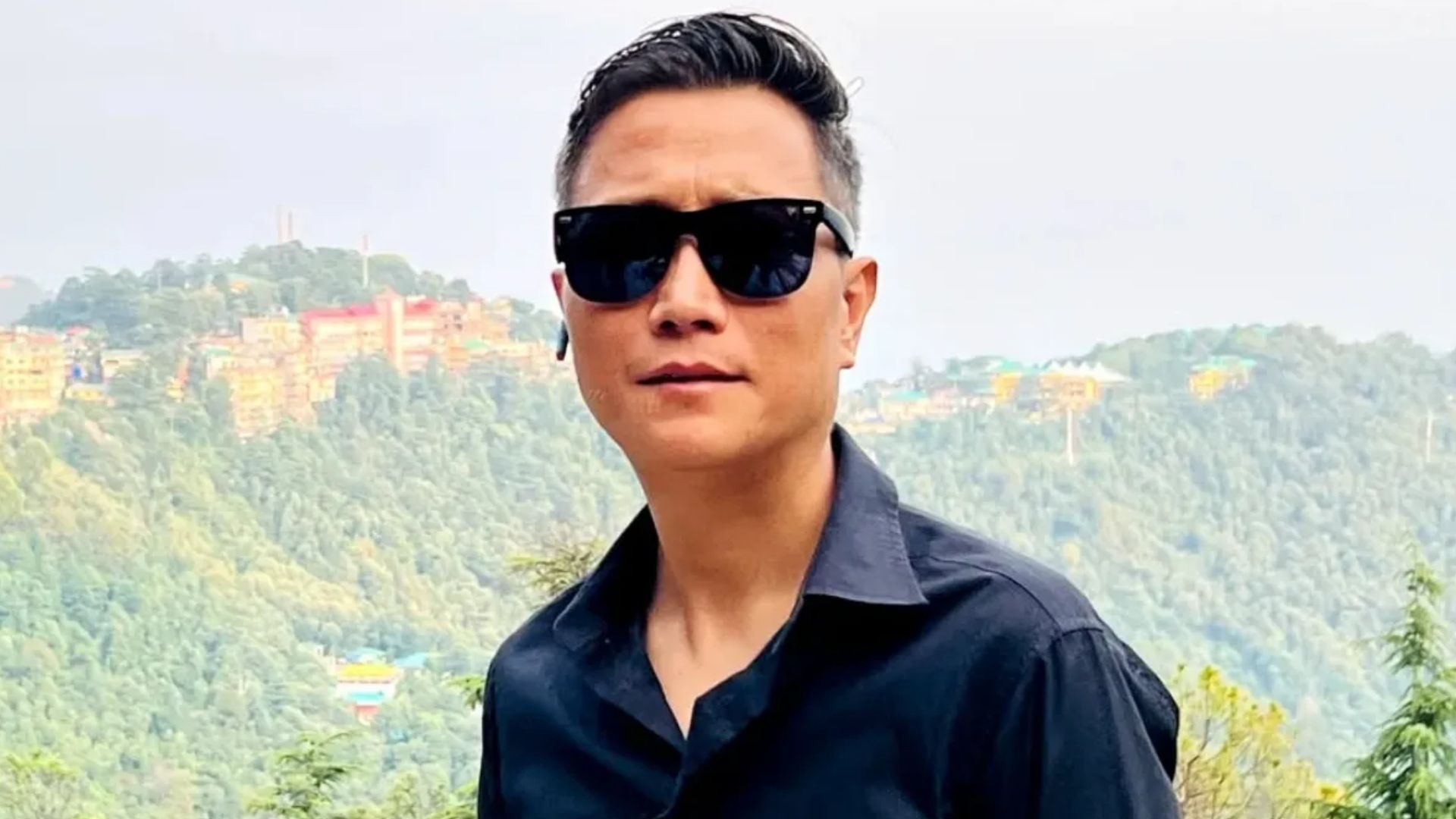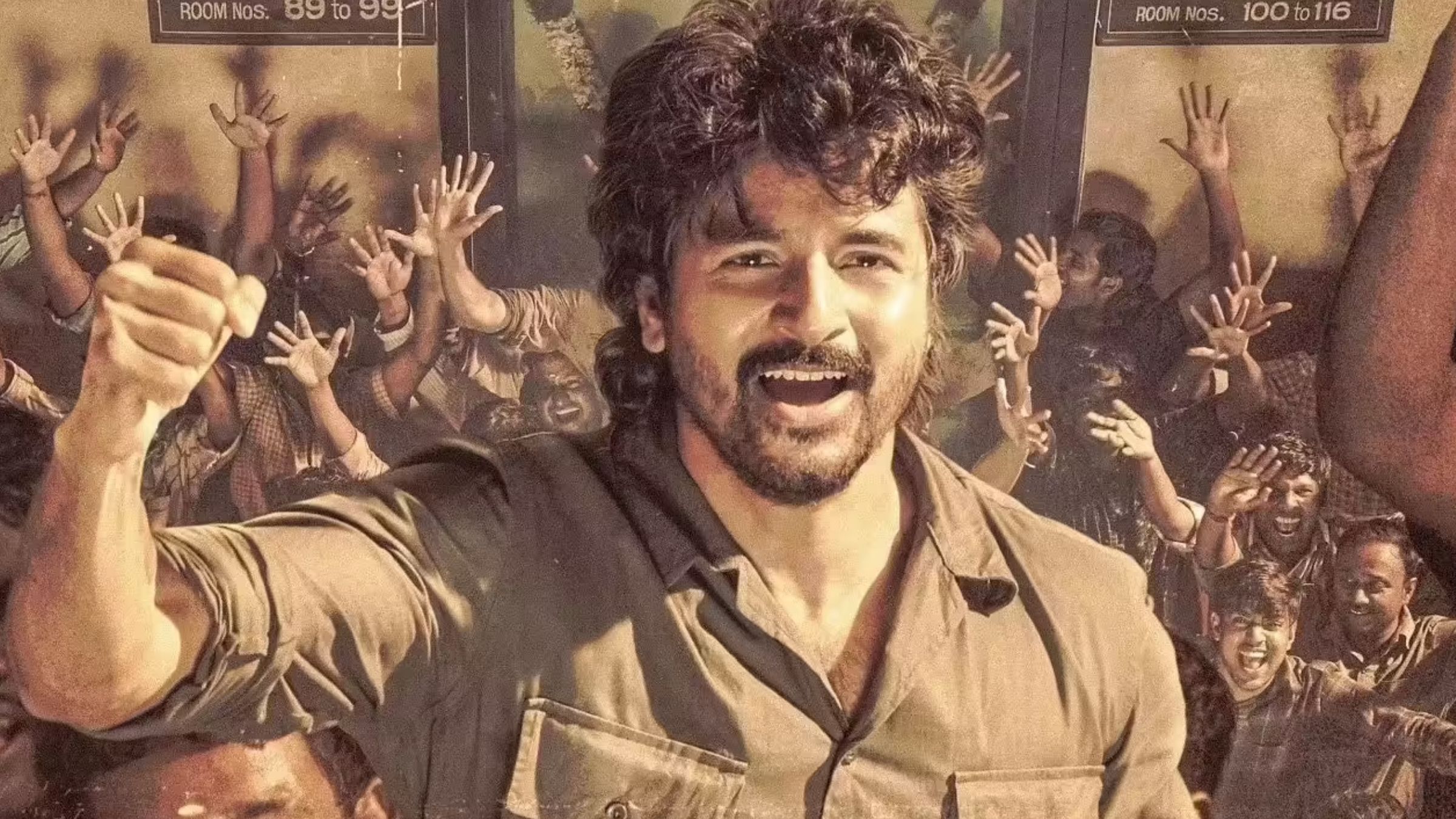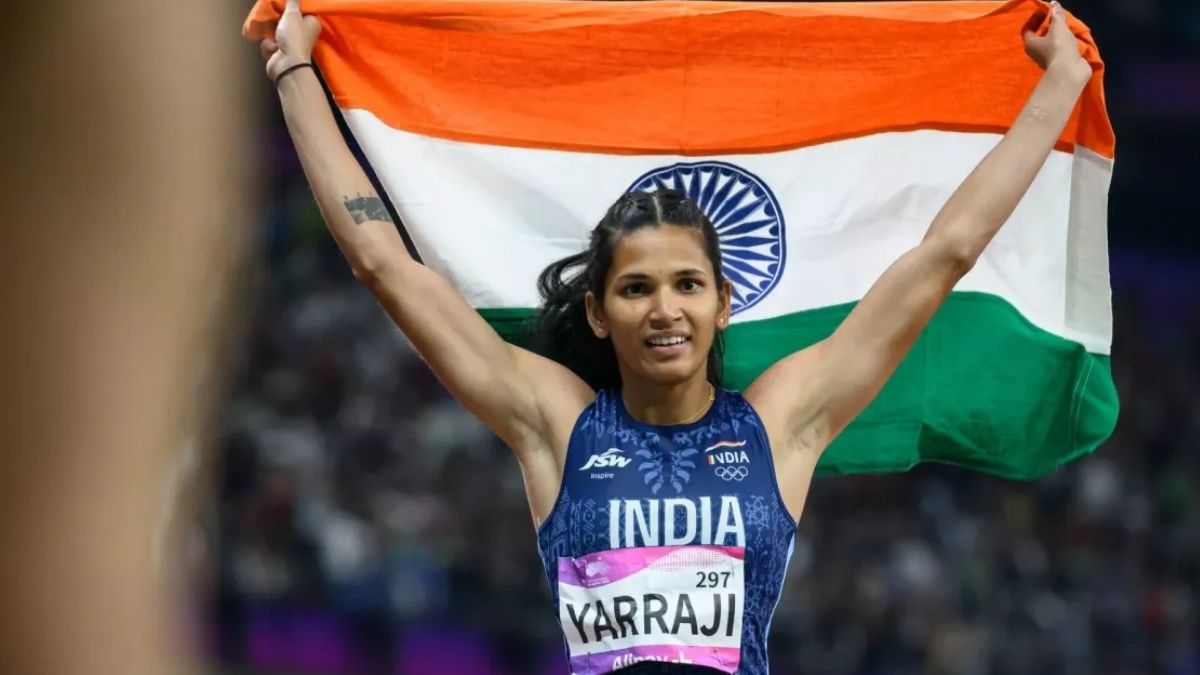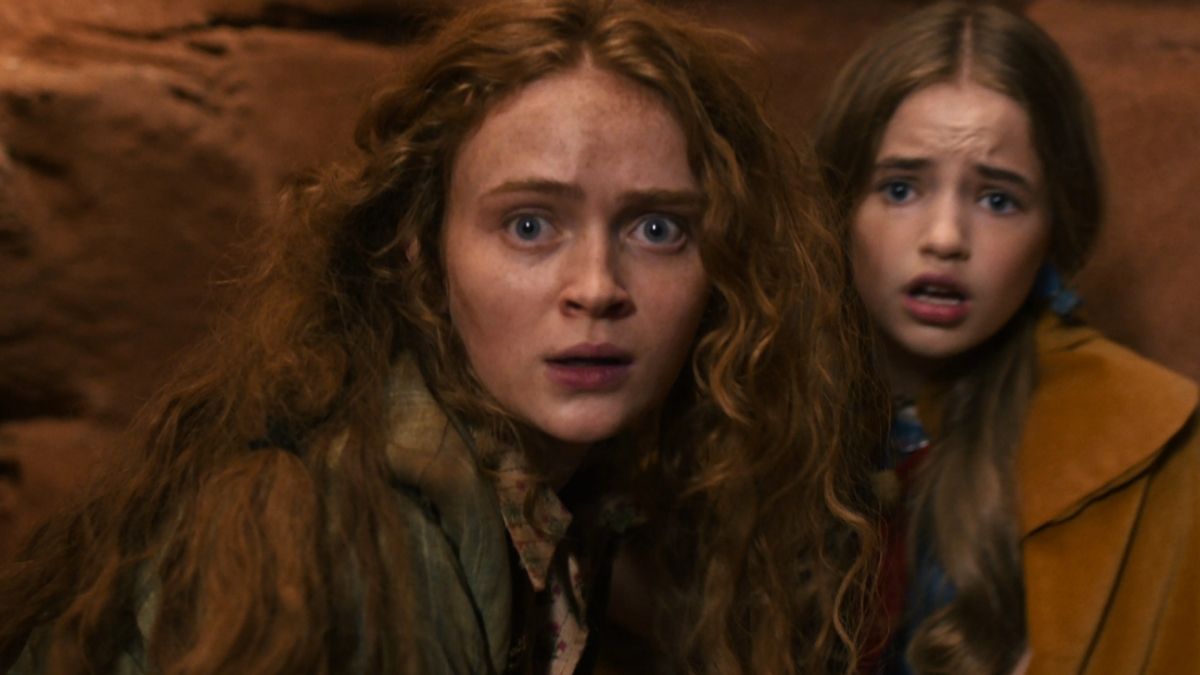Few names in Indian art and cinema command as much respect as Javed Akhtar. He is not just a lyricist or a writer — he is a storyteller, a philosopher, and a voice that has defined generations. From the fiery dialogues of 1970s Bollywood classics to the soulful lyrics of today’s music, Javed Akhtar’s words have become a part of India’s emotional and cultural landscape.
His journey from a struggling writer in Bombay to one of India’s most powerful literary figures is not only inspiring but deeply human — full of passion, conviction, and resilience.
Early Life and Roots in Poetry
Javed Akhtar was born on January 17, 1945, in Gwalior, Madhya Pradesh, into a family where words were not just spoken — they were worshipped. His father, Jan Nisar Akhtar, was a well-known Urdu poet, and his mother, Safia Akhtar, was a teacher and writer.
Growing up in a literary household, poetry flowed naturally in Javed’s veins. The rhythm of Urdu couplets, the beauty of shayari, and the depth of emotions shaped his early world. Yet, his journey to success was far from easy.
When he came to Bombay (now Mumbai) in the 1960s, he had no money, no contacts, and no home. He often slept in corridors or film studios. But one thing he did have was unshakable belief in his talent.
READ MORE : https://digitalmohit.co.in/category/news/
The Birth of “Salim–Javed” — Bollywood’s Golden Duo
Javed Akhtar’s life changed when he met Salim Khan, another young screenwriter with a passion for storytelling. Together, they formed one of Indian cinema’s most iconic partnerships — Salim–Javed.
This duo revolutionized Bollywood storytelling in the 1970s and 80s, creating a new kind of hero — angry, emotional, and deeply relatable. Their scripts combined sharp dialogues, social relevance, and unforgettable characters.
Iconic Films Written by Salim–Javed:
- Zanjeer (1973) – The birth of Amitabh Bachchan’s “angry young man” persona.
- Deewar (1975) – A tale of morality, brotherhood, and rebellion.
- Sholay (1975) – The ultimate Indian classic, blending action, emotion, and humor.
- Trishul (1978) and Don (1978) – Stylish, powerful, and decades ahead of their time.
Together, Salim–Javed created magic that transformed Bollywood’s narrative forever. They wrote heroes who fought injustice, mothers who symbolized sacrifice, and villains who were as iconic as the leads.
Even after their partnership ended, Javed’s creative fire never dimmed — it only took a new direction.
Transition to Lyricism — The Poet of Cinema
After the Salim–Javed era, Javed Akhtar began writing lyrics for Hindi films — and once again, he redefined the craft. His words were not just rhymes set to tunes; they were poetry set to music, layered with meaning and emotion.
His collaboration with composers like A. R. Rahman, Shankar-Ehsaan-Loy, and Jatin-Lalit brought to life some of the most memorable songs in modern Indian cinema.
Some of His Evergreen Lyrics:
- Sandese Aate Hain – Border (1997)
- Kal Ho Naa Ho – Kal Ho Naa Ho (2003)
- Mitwa – Kabhi Alvida Naa Kehna (2006)
- Ek Ladki Ko Dekha Toh Aisa Laga – 1942: A Love Story (1994)
- Tum Ho Toh – Rock On!! (2008)
- Zinda Hai To – Zinda (2006)
Through his lyrics, Javed expressed love, loss, hope, and courage — emotions that transcended language and time. His songs were not just hits; they were reflections of life.
Personal Life and Family
Javed Akhtar’s personal life is as fascinating as his career. He was first married to Honey Irani, with whom he had two children — Farhan Akhtar and Zoya Akhtar, both of whom are now renowned filmmakers and writers in their own right.
Later, he married the legendary actress and social activist Shabana Azmi, forming one of the most respected power couples in Indian art and activism.
Despite fame and success, Javed remains deeply connected to his roots in poetry, literature, and social causes. He often says,
“Poetry is not written to please the world — it is written to speak the truth.”
The Writer and the Activist
Javed Akhtar is known for his strong and fearless opinions. Whether it’s about secularism, gender equality, or freedom of expression, he never hesitates to speak his mind.
He has openly voiced concerns about religious extremism, hate politics, and the decline of social harmony in India. His speeches and interviews often go viral, reflecting his honesty and his refusal to stay silent in the face of injustice.
For Javed, art and activism go hand in hand. His words are his weapon, and his pen, his protest.
Awards and Recognition
Javed Akhtar’s contribution to Indian cinema and literature has earned him countless honors:
- Padma Shri (1999)
- Padma Bhushan (2007)
- Sahitya Akademi Award (2013) for his poetry collection Lava
- National Film Awards for Best Lyrics (multiple times)
- Filmfare Lifetime Achievement Award
He is also one of the few writers whose fame rivals that of actors and directors — a testament to the power of his words.
Legacy and Influence
Javed Akhtar’s influence extends far beyond Bollywood. His poetry and public speaking continue to inspire students, artists, and young writers across India.
His son Farhan Akhtar has inherited his love for words and social change, while his daughter Zoya Akhtar carries his storytelling legacy into modern cinema.
Through his work, Javed has bridged the gap between Urdu literature and mainstream pop culture, proving that poetry can be both intellectual and accessible.
He has also revived interest in classical Urdu poetry among the youth, reminding the world that language is not just a tool for communication — it’s a bridge between hearts.
Final Thoughts
Javed Akhtar is not just a lyricist, poet, or screenwriter — he is the conscience of Indian cinema. His life reflects the journey of a man who fought against struggle, stayed true to his voice, and used art to question the world around him.
From the streets of Mumbai to the grand stages of award shows, his story is a tribute to the power of creativity and conviction.
In an age where words are often used to divide, Javed Akhtar uses them to heal, connect, and inspire. His legacy reminds us that poetry is not just written in books or sung in songs — it lives in every heartbeat that dares to dream.
















Leave a Reply